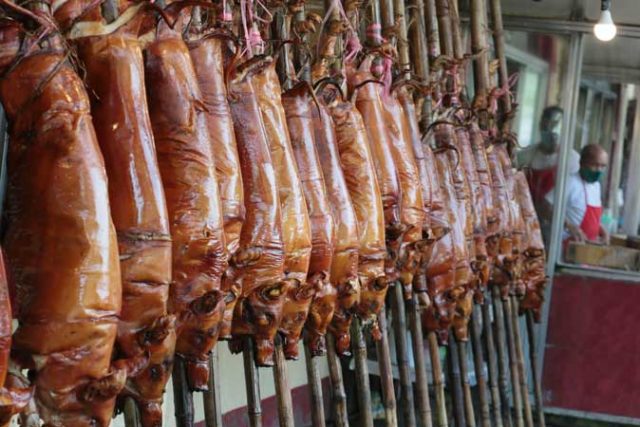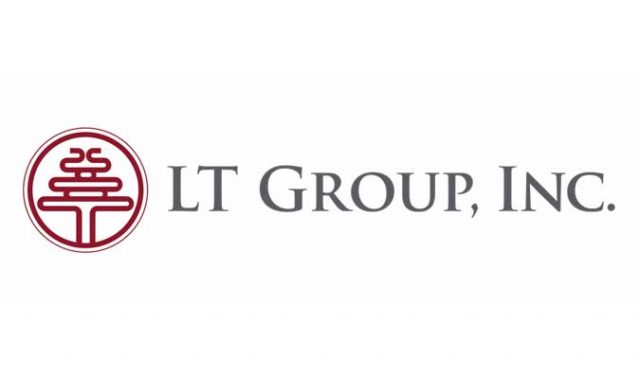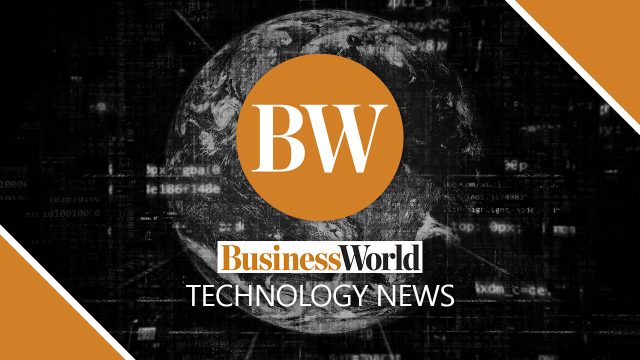D&L Industries scores 134% profit growth as units recover
D&L Industries, Inc.’s net income for the second quarter grew by 134% to P671 million from last year’s 287 million as all of its business segments “posted significant recovery,” it said on Wednesday.
It is also one percent higher than its P665-million net income in the same period in 2019.
“Our strong earnings recovery in the second quarter suggests that things are much better compared to last year,” D&L President and Chief Executive Officer Alvin D. Lao said in a statement.
“It also demonstrates the essential nature and the resiliency of our underlying businesses,” he added.
D&L manufactures customized food ingredients, specialty raw materials for plastics, and oleochemicals for personal and home-care use.
The company saw a 53% growth in net sales in the second quarter to P6.90 billion from P4.50 billion year on year. Meanwhile, its gross profit went up by 63% to P1.14 billion from P703 million.
In the first six months, D&L’s net income grew by 74% to P1.4 billion from last year’s P802 million. Sales amounted to P13.91 billion, 37% more than the P10.17 billion logged in the same period in 2020.
D&L’s food ingredients segment income in the second quarter grew by 672% year on year and is said to already be at par with its income level in 2019. For the first half, it grew by 141% compared with the same period last year.
“Near to medium-term outlook for the food ingredients business is encouraging as it stands to benefit directly from higher consumer spending during Christmas and election season,” the company said.
Meanwhile, income from its specialty plastics business improved by 52% in the first semester due to higher volume for polymers, colorants, and additives. It finished the period with a 41% growth in total segment volume.
“The company expects steady and consistent demand moving forward given the crucial role that plastics play during the current pandemic — from various medical applications to packaging for parcel delivery,” D&L said.
Total volume for its consumer products, which was previously referred to as Aerosols, grew by 60% as net income for the segment went up by 39% in the first half. Meanwhile, the Chemrez segment saw a 37% growth in earnings as volumes also grew by 30%.
The company said it sees its export business as a “bright spot,” with revenues for the segment up by 70% in the first half to P4.5 billion from P2.7 billion. Coconut-based products were said to be main drivers of its export growth.
“For the rest of the year, if things can be managed well [with COVID, the Delta variant, etc.], then we should see second-half performance be at around the same levels as the first half,” Mr. Lao said in an e-mailed response to BusinessWorld.
“The pandemic showed us that it doesn’t hurt to continue to be careful and conservative as a business. We are still willing to take risks, but these have to be well-planned and thought out as much as possible,” Mr. Lao said.
On Wednesday, D&L shares inched down by 0.36% or three centavos to close at P8.32 each at the local bourse. — Keren Concepcion G. Valmonte











